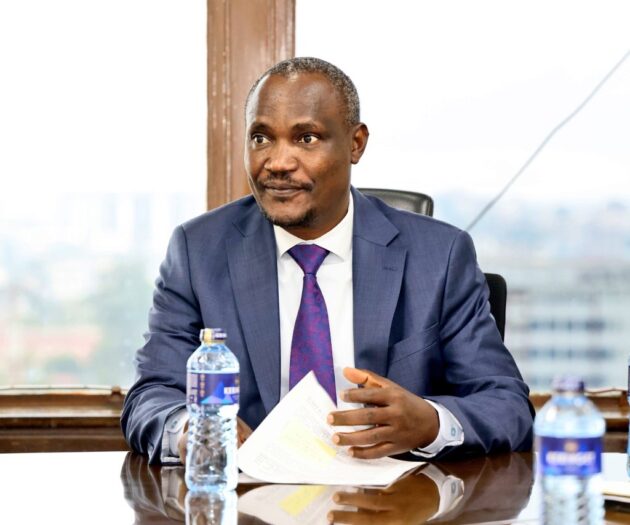Four months after its official rollout, Kenya’s electronic government procurement (e-GP) system is yet to record a single awarded contract, raising serious concerns about the delay in public procurement.
According to data on the e-GP website, as of Tuesday, October 21, 2025, 402 tenders have been uploaded, 1,477 procurement entities listed, and 24,947 suppliers registered. However, no contract has been signed or awarded through the platform since its launch in July following a presidential directive.
The system, introduced by the National Treasury, was designed to curb corruption, enhance transparency, and improve efficiency in government procurement. Yet, technical hitches and institutional resistance have hampered its implementation.
Reports indicate that several government agencies, particularly in the roads sector, have reverted to manual procurement. Earlier this month, the Kenya Rural Roads Authority (KeRRA) advertised nationwide tenders for upgrading rural roads outside the e-GP system. The move was reportedly sanctioned after a meeting between President William Ruto, Treasury officials, and the CEOs of KeRRA, KURA, and KeNHA.
The e-GP rollout has also faced legal setbacks. In September, the High Court suspended the mandatory use of the platform for counties, ruling that both manual and electronic systems could be used concurrently. The Council of Governors (CoG) had challenged the rollout, citing lack of legal framework and consultation.
Adding to the challenges, the National Assembly’s Committee on Implementation last week recommended nullifying Treasury Circulars that made e-GP mandatory, arguing they contravene Article 227 of the Constitution and the Public Procurement and Disposal Act.
As the system stalls, fears are growing that delays in tender awards could disrupt delivery of essential public projects and services.

